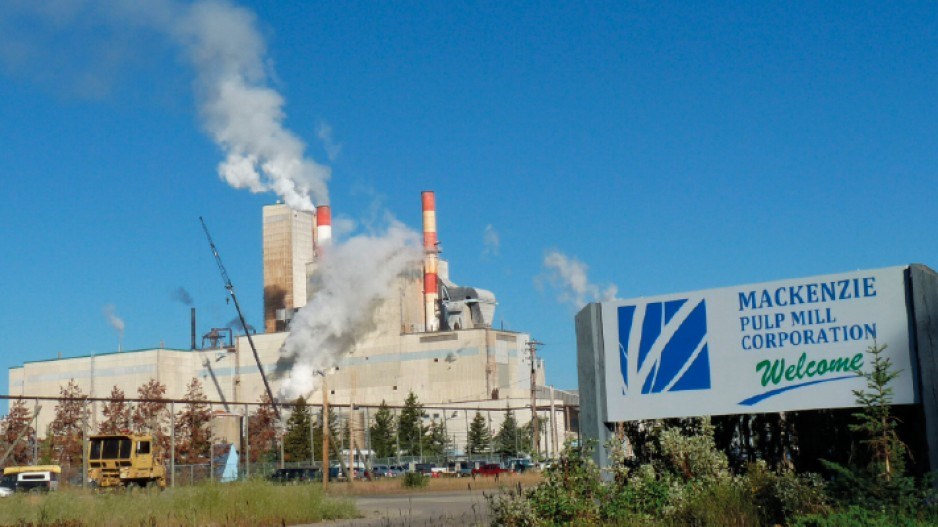Six years ago, Paper Excellence bought one Canadian pulp mill.
Today, the Vancouver-based private company is the country’s biggest producer of NBSK (northern bleached softwood kraft), the pulp product Canada is best known for.
Sector watchers say that the company is operating under a business model that’s new to Canada – one that might deliver as many risks as rewards.
“We have Paper Excellence coming in and operating these mills, and they’re not necessarily marching to the same tune as market pulp producers,” said David Elstone, an analyst at Equity Research Associates.
In 2007, the company bought a mill in Meadow Lake, Saskatchewan. It picked up more mills throughout the recession and now owns a mill in Nova Scotia, another in Prince Albert and three in B.C.: Howe Sound Pulp and Paper, Mackenzie Pulp Corp. and Skookumchuck.
For a time, it was also bidding for the Harmac mill near Nanaimo. (The company also owns mills in France and Germany.)
Elstone said the Canadian mills would likely not have been bought by any other pulp company.
“One of the defining characteristics is that many of these mills were high-cost pulp mills. If market dynamics … were left to occur naturally without having Paper Excellence there, these pulp mills may have been closed in the last couple of down cycles.”
Elstone added that Paper Excellence can operate this way because it has a guaranteed customer: Asia Pulp and Paper (APP).
“Paper Excellence may be a preferred supplier for APP, and there’s a good working relationship between the parties,” said Jessica Ko, legal counsel for Paper Excellence, in an email to Business in Vancouver.
Although it has been widely reported that Paper Excellence is a subsidiary of Indonesian conglomerate Sinar Mas, which also owns Asia Pulp and Paper, Ko maintained that there is no legal affiliation between the two.
APP, which operates several paper mills in Indonesia, has suffered from a poor environmental record but has taken steps this year to improve (see sidebar).
Ko maintained that the companies are not affiliated in any other way.
She confirmed that Paper Excellence sells most of its product in China, India and Southeast Asia.
Its vertically integrated model is different from most other Canadian pulp operations, which sell their product on the open market to various paper producers.
Paper Excellence’s share of Canadian pulp production is now so large that Elstone said it “could be viewed as disruptive” to the open pulp market.
The company’s acquisitions have guaranteed it a supply of NBSK pulp, which is in demand because its long fibres work well to make tissues and paper towels. NBSK can be produced only from northern forests.
Elstone said APP, being one of the world’s biggest paper and tissue producers, consumes a lot of pulp, especially softwood pulp.
The age of the mills is another possible drawback, said Elstone: in many cases, they will need major upgrades to ensure they’re running smoothly.
Paper Excellence picked up the older mills at a time when several new mills were being built in South America to produce hardwood pulp, a competitor that has eroded softwood pulp’s market share.
“It’s not necessarily a cheap proposition to buy these mills and run them,” he said.




